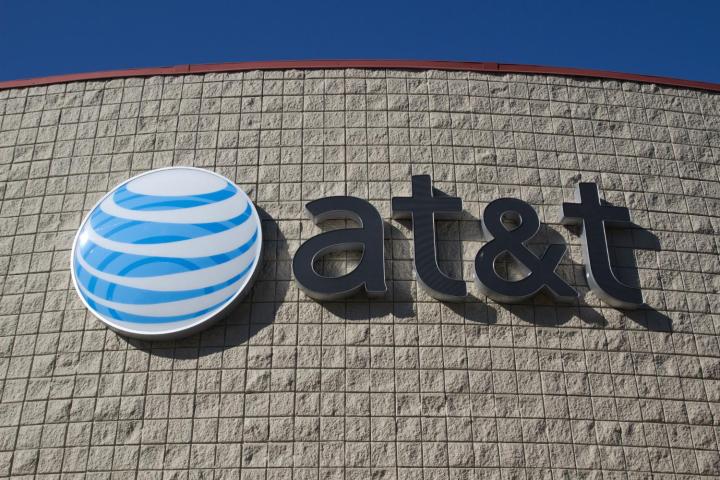
The FTC, which worked closely with the Federal Communications Commission (FCC) on the case, alleges that AT&T didn’t clearly articulate its throttling policy in marketing materials. The carrier importantly failed to impart the implications to customers who renewed their contracts, violating the FTC Act when it charged those who canceled their contracts after seeing reduced speeds.
Related: AT&T loses unlimited data throttling case, forced to pay iPhone owner $935
AT&T made a more egregious transgression in the seemingly arbitrary way it reduced bandwidth. The FTC estimates that roughly 3.5 million customers were impacted more than 25 million times over several years, many without notice or explanation. Their speed was repeatedly cut to dial-up levels on an average of 12 days out of the month, making services like Web browsing, GPS navigation, and video streaming nearly impossible to use.
Wayne Watts, AT&T’s top lawyer, dismissed the FTC’s allegations in a statement. “It’s baffling as to why the FTC would choose to take this action against a company that, like all major wireless providers, manages its network resources to provide the best possible service to all customers,” he wrote.
Prior to a policy revision that took effect in March of 2012, AT&T purported to throttle only the “top 5 percent of users.” That doesn’t appear to have been the case; the FTC notes that reductions in speed occurred regardless of network congestion, after as little as 2GB of usage. The carrier’s current policy states that customers with unlimited data will see reduced speeds after using 3GB of data on 3G, or 5GB of data on LTE, in a month.
Subscribers complained to AT&T by the thousands about slow speeds, and the carrier’s own internal research showed that consumers perceived the throttling practices as a “bait and switch.”
Related: Verizon tells FCC that data throttling is necessary to keep the network going
The FTC’s lawsuit marks the second time a federal agency has chastised a major wireless carrier for dishonest “network optimization” policies. Earlier this month, FCC Chairman Tom Wheeler sent Verizon a strongly-worded letter regarding the carrier’s stated intention to begin throttling high users of unlimited 4G LTE data on heavily trafficked cell cites. “It is disturbing to me that Verizon Wireless would base its ‘network management’ on distinctions among its customers’ data plans, rather than on network architecture or technology,” Wheeler wrote.
Verizon later backtracked, announcing it had no plans to revise its throttling.
Editors' Recommendations
- AT&T customers past and present impacted by huge data leak
- T-Mobile confirms hack, investigates whether customer data was stolen
- AT&T’s top unlimited plan removes throttling, upgrades HBO Max to 4K
- T-Mobile reveals it ended 2020 with data a breach
- AT&T to pay $60 million FTC settlement for ‘bait-and-switch’ unlimited data plan

